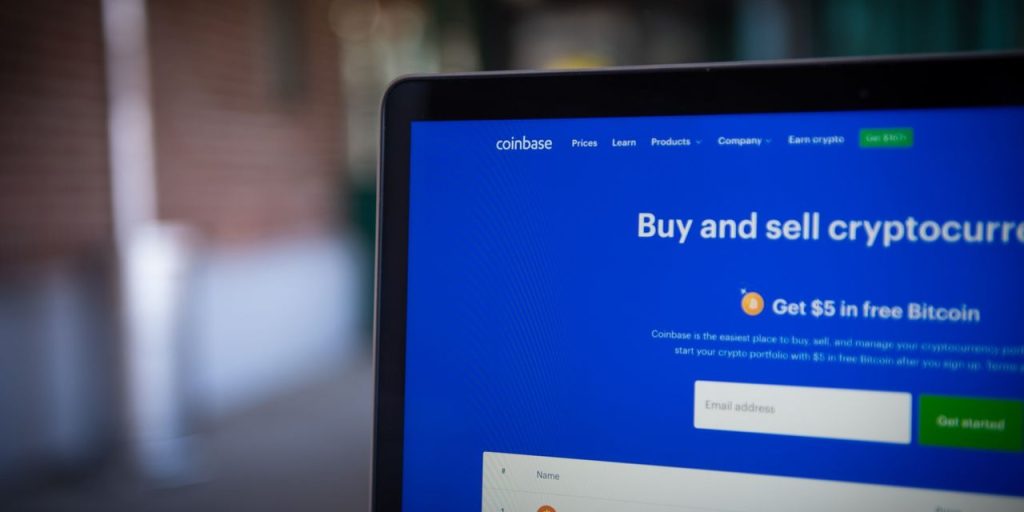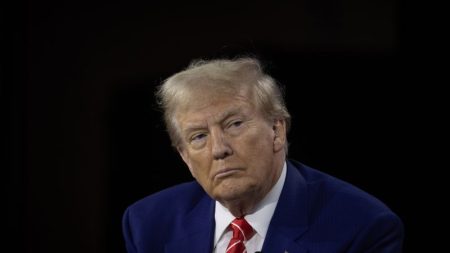While
Coinbase Global
should benefit from a big upgrade to the Ethereum blockchain network this week, there is a risk: The part of the business that stands to gain has already attracted scrutiny from regulators.
Even though
Bitcoin
prices just surged past $30,000 for the first time since June, the attention of many crypto traders is on
Ether,
the second-largest digital asset and the token underpinning the Ethereum blockchain network. Ethereum’s overhaul, known as the Shanghai upgrade, is the biggest change to the ecosystem since the Merge last year.
In the Merge, Ethereum was transformed from an energy-intensive “proof of work” system that awarded tokens to crypto miners using computers to solve increasingly complex puzzles to “proof of stake.” Under proof of stake, participating holders of Ether lock up their tokens as collateral while they validate transactions and secure the network, earning interest in the process.
Current yields for staking Ether are around 4.5%, but staked tokens are temporarily locked up by the system. The Shanghai upgrade will allow those tokens to be withdrawn.
“The most important upgrade to the Ethereum network since the Merge will likely be completed” on Wednesday, analysts led by Clara Medalie at crypto data provider Kaiko wrote in a Tuesday note. “This has raised some big questions: Will large stakers dump their newly unlocked tokens? Will this create more confidence in staking and thus increase participation?”
These questions have been at the heart of bets by traders that have lifted Ether prices in recent weeks. Whether that trade will work out isn’t clear.
Ether prices could face pressure as some investors withdraw staked Ether and sell it. But the Shanghai upgrade, which will also make staking easier, is expected to make the trade more popular. That should support prices.
If staking becomes more popular, Coinbase stands to benefit.
Staking services it offers are a pillar of its efforts to diversify revenue away from the core business of crypto trading, which is highly sensitive to swings in prices and moves by the retail investors who make up the bulk of trading volume. Those wishing to stake Ethereum have to lock up 32 Ether, or around $61,000, but Coinbase is one group that offers a solution to smaller investors. It lets customers stake however much Ether they have, while collecting a healthy fee in the process.
In February, a team of J.P. Morgan analysts led by Kenneth B. Worthington said Shanghai could have the immediate impact of “meaningful revenue potential for intermediaries such as Coinbase,” because intermediaries can earn more than 20% of customers’ staking income.
But that was before the Securities and Exchange Commission (SEC) weighed in.
Coinbase said in March that the regulator had warned the company of a looming enforcement action, which it believed would focus on crypto trading as well as services including staking.
Coinbase is still offering Ether staking, and the Shanghai upgrade this week is likely to only further improve this part of the company’s business. But as is true across the crypto industry, a lack of regulatory clarity and the potential for crackdowns are significant risks.
Write to Jack Denton at [email protected]
Read the full article here
















